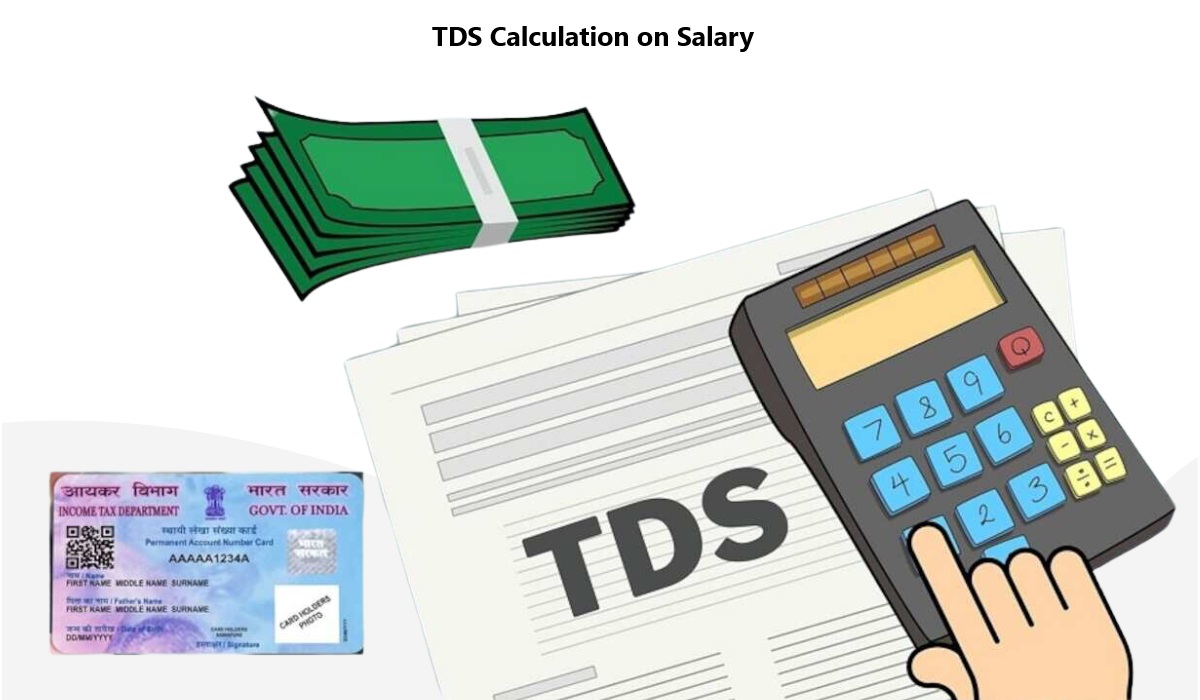What Is Your Salary Expectation Best Answer for Freshers: When attending a job interview as a fresher, one of the most common and potentially daunting questions is: “What are your salary expectations?” While it may seem like a tricky topic to navigate, with the right preparation and strategy, you can provide a professional and confident answer that aligns with your goals and the employer’s expectations. This article offers detailed guidance on crafting the best response to this question, ensuring you leave a positive impression during your interview.
Why Do Employers Ask About Salary Expectations?
Understanding the reason behind this question is the first step in formulating a strong response. Employers ask about salary expectations for several reasons:
- Budget Alignment: Employers need to ensure your expectations fit within their budget for the role.
- Assessing Your Research Skills: It reflects whether you’ve done your homework about the industry and role.
- Evaluating Confidence: Your answer shows how confident you are in your skills and value.
- Determining Fit: The employer wants to gauge if your expectations align with the role’s responsibilities and your experience level.
Key Considerations Before Answering the Question
1. Research the Industry Standards
Before attending the interview, research the average salary for the position you’re applying for in your location. Check job portals, salary comparison websites, and even reviews from employees of the same company.
2. Consider Your Qualifications
As a fresher, your academic background, internships, certifications, and soft skills will influence your starting salary. Highlight these aspects when discussing your expectations.
3. Be Realistic but Flexible
While it’s essential to have a number in mind, being overly rigid may reduce your chances of securing the role. Show that you’re open to negotiation.
4. Focus on Growth Opportunities
Express your enthusiasm for learning and growing within the company. Employers value candidates who prioritize career development over immediate financial gain.
Best Ways to Answer: “What Is Your Salary Expectation?”
1. Provide a Range

What Is Your Salary Expectations? Best Answer for Freshers
Instead of quoting a specific number, offer a range that reflects your research and expectations. This shows flexibility and keeps the negotiation open.
Example:
“I understand that as a fresher, my salary will depend on the company’s budget and the responsibilities of the role. Based on my research and the industry standard, I believe a salary range between ₹3,00,000 and ₹4,00,000 per annum is fair. However, I’m open to discussing this further based on the opportunities for growth and learning within the company.”
2. Defer the Question
If you’re unsure of the appropriate salary, you can politely redirect the question back to the employer.
Example:
“I’m more focused on finding a role where I can learn and contribute effectively. I’m confident the company offers a competitive package, and I’m happy to hear what you have in mind for this position.”
3. Highlight Non-Monetary Benefits
For freshers, salary is only one aspect of the compensation package. Highlighting your interest in learning opportunities, mentorship, or additional benefits can impress employers.
Example:
“While salary is important, my primary goal is to find a role that allows me to grow and contribute meaningfully. I value opportunities for professional development, training, and long-term career growth, and I’m open to discussing a compensation package that includes these aspects.”
4. Express Willingness to Negotiate
Demonstrating openness to negotiation can create a positive impression.
Example:
“I’m excited about the opportunity to work with your team and contribute to the company’s goals. Regarding salary, I’m flexible and open to discussing a figure that aligns with the company’s budget and the expectations for this role.”
Common Mistakes to Avoid When Discussing Salary Expectations
1. Being Unprepared
Walking into an interview without a clear idea of the market standards can lead to unrealistic or undervalued responses.
2. Quoting an Exact Number
Giving a rigid figure can limit negotiation opportunities and may make you appear inflexible.
3. Focusing Solely on Money
Employers seek candidates who are motivated by more than just financial gain. Overemphasis on salary can make you seem disinterested in the role itself.
4. Undervaluing Yourself
As a fresher, it’s essential to balance modesty with confidence. Avoid quoting a figure too low out of fear of rejection.
How to Prepare for Salary Discussions as a Fresher
1. Research Thoroughly
Use resources like LinkedIn Salary Insights, Glassdoor, and PayScale to understand the typical salary for the role.
2. Practice Your Response
Rehearse your answer to sound confident and polished during the interview.
3. Prepare for Follow-Up Questions
Be ready to explain why you believe your expected salary is appropriate for the role.
Sample Answers for Freshers
Scenario 1: When the Company Has a Fixed Budget
“I understand that most organizations have a budget set for freshers. Based on the industry standard and my skills, I would expect something within the range of ₹3,00,000 to ₹3,50,000 per annum. However, I’m open to discussing this further.”
Scenario 2: When You Want to Focus on Growth
“My primary focus is on finding a role that offers opportunities for learning and development. I trust that the company offers a competitive package, and I’m open to discussing compensation in detail.”
What Employers Look for in Your Answer
- Confidence: A confident answer reflects your awareness of your value.
- Flexibility: Employers appreciate candidates who are open to negotiation.
- Realism: Demonstrating a clear understanding of the role and its market value shows professionalism.
Conclusion: what is your salary expectations best answer for fresher
Answering the question, “What Is Your Salary Expectation Best Answer for Freshers” as a fresher can be a challenging task. However, with the right preparation and strategy, you can provide an answer that leaves a positive impression on the interviewer. Focus on research, flexibility, and confidence while keeping your long-term goals in mind.
Remember, the goal isn’t just to secure a job but to start a journey toward personal and professional growth. By demonstrating your enthusiasm and openness, you can position yourself as a valuable asset to the company.
FAQ; What Is Your Salary Expectation Best Answer for Freshers
1. Why do employers ask about salary expectations?
Employers ask this question to determine if your expectations align with their budget and to assess your confidence and understanding of the role’s market value.
2. How should freshers prepare for salary expectation questions?
Freshers should research industry standards, understand the role’s requirements, and rehearse their responses to sound confident and professional.
3. Is it okay to provide a salary range instead of a specific number?
Yes, providing a range shows flexibility and leaves room for negotiation while aligning with market standards.
4. Should freshers negotiate their salary?
While freshers typically have less leverage, it’s acceptable to discuss salary if done professionally. Focus on growth opportunities and showcase your value to the company.
5. What if I don’t know the right salary for the position?
If unsure, you can politely defer the question by asking about the company’s budget for the role or expressing openness to their offer.
6. Can asking for too high a salary reduce my chances of getting hired?
Yes, quoting an excessively high salary can make you seem unrealistic. It’s crucial to base your expectations on research and the market average.
7. What should I emphasize if salary is not my primary focus?
You can highlight your interest in learning opportunities, career growth, and gaining experience while expressing openness to a fair compensation package.
8. How can I avoid undervaluing myself during salary discussions?
Research thoroughly and practice confidence in articulating your value, including your skills, education, and potential contributions to the company.
9. What if the company offers a salary lower than my expectations?
Consider the entire package, including non-monetary benefits, career growth opportunities, and company reputation, before making a decision.
10. Is it okay to ask for time to consider a salary offer?
Yes, if you’re unsure about the offer, it’s professional to request some time to evaluate it before providing your final decision.
Disclaimer
The information provided in this article is for general informational purposes only. While every effort has been made to ensure the accuracy and reliability of the content, the strategies and examples mentioned may vary depending on individual circumstances, industries, and geographic locations.











Leave a Reply